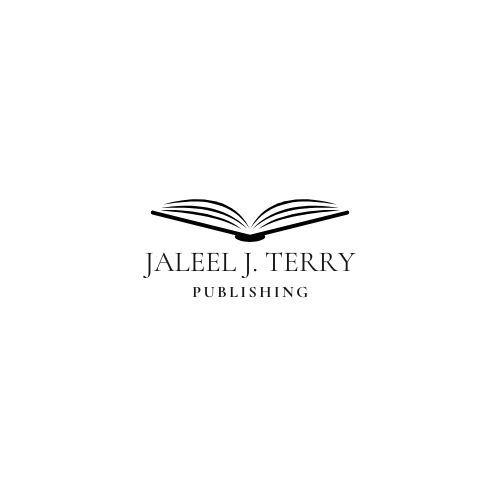The Strength in Vulnerability
Share
When I sat down to reflect on this prompt, I couldn’t help but dive into my past—revisiting some of the most vulnerable moments I’ve experienced. Moments in my marriage, in friendships, and even within myself. To break past certain barriers in life, I had to be honest about where I truly was. I had to be vulnerable before I could be free.
I’ve heard it said before—and I’m sure you have too—“God can’t heal what you won’t reveal.” And I believe that deeply. God can’t move you forward if you’re not first willing to be moved.
To really understand vulnerability, we have to dig into where the word comes from. The Latin root is vulnerabilis, from vulnus meaning “wound” and -abilis meaning “able to.” So the word literally means: the ability to be wounded.
It first appeared in English around the early 1600s and was used mostly in a military or physical sense—to describe someone or something exposed to harm or attack. Fast forward to 2025, and the meaning has shifted. Today, vulnerability is less about physical harm and more about emotional openness—about being seen, being honest, and taking off the mask.
But let’s be real: nobody wants to feel vulnerable. Most of us are walking around with an inner child hiding from the possibility of being hurt again. Yet, ironically, it’s through that very place of potential wounding that true healing often begins.
As risky and uncomfortable as it feels, sometimes being vulnerable is one of the strongest things you can do. Imagine all the times you had the chance to say how you really felt. To express your needs. To be honest about your fears. But you didn’t—because of the fear of rejection or judgment.
Here’s the truth: vulnerability holds power. It carries the risk to wound, but also the potential to heal. It opens the door to both hope and heartache, but it also invites clarity, connection, and growth.
Use vulnerability as a tool—not just to express yourself, but to discover yourself. And when someone else chooses to be vulnerable with you, recognize it as a sacred moment—an invitation to truly see them.
